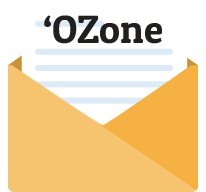I heard her scream for help and ran around the corner dragging my dogs. Javier from Starlight on the Park rushed to aid her and as he began to chase the robber she said, "Don't chase him. He has a gun and he already pointed it at you." (Javier is a very brave soul - he recently lost a friend who worked at his bar to another French Quarter street robbery.)
All the neighbors came out onto the street to help her and collectively they gave a pretty good description of the robber. When I get home, I remember something the neighbors forgot to tell the 911 operator. I hesitated to call it in because last time I offered similar information the response was; "I don't f-ing care." And that is one of the better police interactions I've experienced.
I had to call it in. It's important identifying information - the victim said she stabbed the robber. I vowed to myself to overcome whatever unprofessionalism I received and to manage the conversation.
It worked. The dispatcher even thanked me for calling but only after trying to get me off the line, then rebuking me because the initial caller's reportage didn't include my information (that's why I'm calling you - witnesses are often startled!) and finally scolding me because she repeated a question to me twice (but who's counting - besides her).
Most people want to help the police and the police say they want our help. Fine aspirations but divorced from the practical difficulties of the intended cooperation.
I've had two police dispatchers in my family. I like them both and they were very serious about their job. However, you're relying on two word of mouth communications links, from an emotional witness and a dispatcher under pressure. And those words are attached to the trigger of a gun.
That's the situation with when you call in a suspicious person who happens to be Henry Louis Gates locked out of his house. Or a shots-fired at a cop at the Danzinger Bridge. Or a gun on the guy giving out bottles of water on I-10. Bad information initiated all these cases. Gates got off relatively easy, the latter two Katrina cases resulted in two fatalities and five serious woundings. Of course, none of the gunshot victims had guns. The call to the dispatcher was the proxy for the victim's non-existent guns.
It is for others to fix the underlying problems of these and so many other tragic cases but when you call 911, think through what and how you're going to communicate with the dispatcher. Figure that you may be the most responsible adult in a conversation that is as dangerous as the loaded gun it delivers. Conversely, when the police approach you, assume they've got bad information and that you are in mortal danger until you clear up their mis-information. Remember New Orleans' deserved reputation as a story-rich, fact-poor environment applies to 911 calls.
Jamie Dell'Apa



















